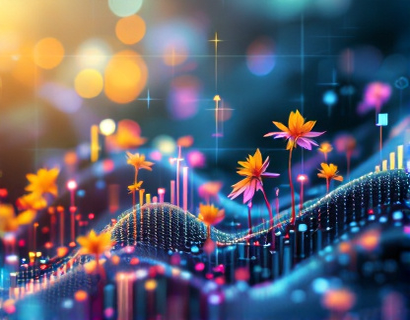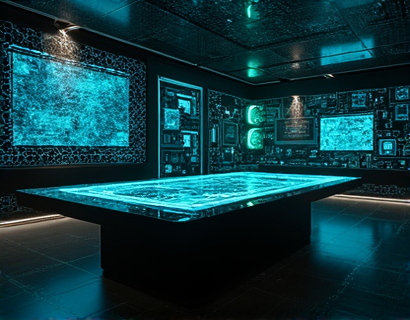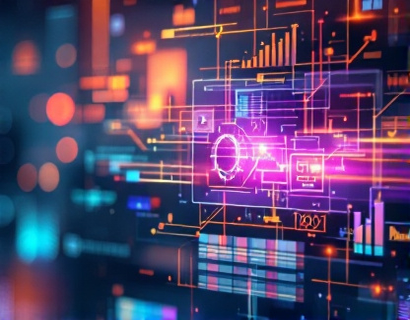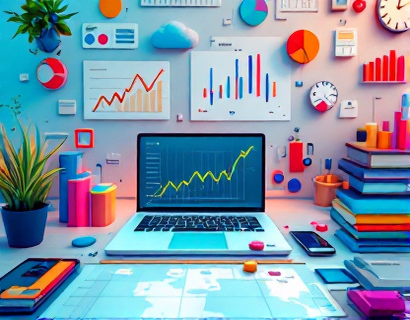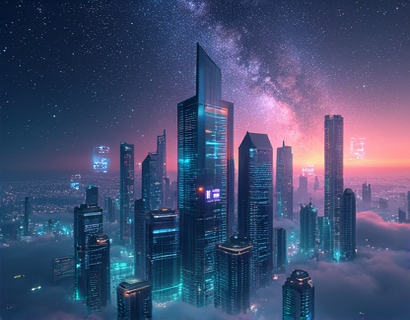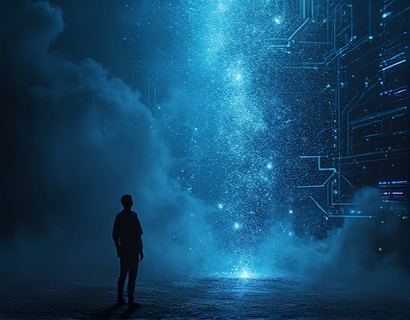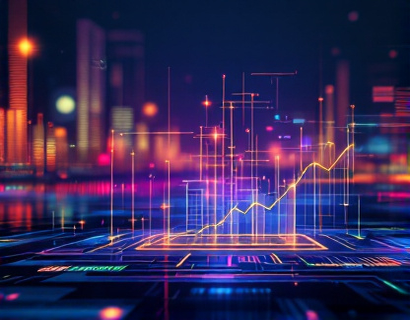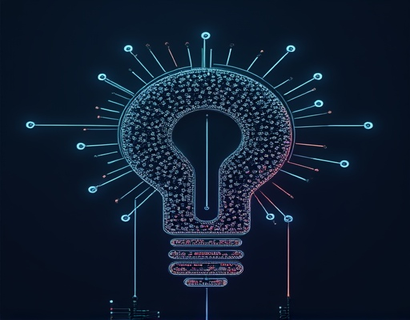Unlocking Musical Potential: Harnessing AI for Advanced Composition and Production
The integration of Artificial Intelligence in music creation has opened new horizons for artists across the globe. This technological advancement offers a transformative approach to composition and production, making the creative process more accessible, efficient, and innovative. By leveraging AI, musicians can push the boundaries of their artistic expression, achieving higher levels of sound quality and creativity. This article delves into how AI is revolutionizing music creation, providing tools that empower both seasoned professionals and emerging talents to unlock their full potential.
The Evolution of Music Creation
Music creation has undergone significant changes over the decades, from the invention of the piano to the digital revolution of the 20th century. Each advancement has brought new tools and techniques, enabling artists to explore uncharted territories of sound. The introduction of AI in music production marks the latest milestone, offering unprecedented capabilities that were once the realm of science fiction. AI algorithms can analyze vast amounts of musical data, learn from diverse genres, and generate original compositions, all while assisting human creators in refining their craft.
AI in Composition: A New Creative Partner
One of the most exciting applications of AI in music is in composition. AI tools can generate melodies, harmonies, and even entire tracks based on input parameters set by the user. These tools analyze existing music, identifying patterns and structures that can inspire new creations. For instance, an artist can input a specific mood, tempo, and genre, and the AI will generate a composition that fits these criteria. This collaborative process between human creativity and machine learning allows for the exploration of ideas that might not have been possible otherwise.
Moreover, AI can assist in overcoming creative blocks. When faced with a challenging composition, artists can use AI to suggest variations or alternative approaches. This not only speeds up the creative process but also enriches the final product with fresh perspectives. The ability to experiment with different musical elements without the fear of failure is a liberating experience, fostering an environment where innovation thrives.
Enhancing Sound Quality with AI
Sound quality is a critical aspect of music production, and AI plays a pivotal role in elevating it. Advanced algorithms can analyze and optimize audio files, removing noise, correcting pitch, and enhancing overall clarity. These tools can process large datasets of audio recordings, learning the nuances of high-quality sound and applying these insights to improve user-generated content. For example, AI can automatically apply equalization and compression settings to ensure a professional-grade mix, even for those with limited technical expertise.
Additionally, AI-powered synthesizers and virtual instruments offer unparalleled sound design capabilities. These tools can simulate the acoustics of different environments, from intimate rooms to grand concert halls, adding depth and richness to the music. The ability to craft unique sounds that blend traditional and electronic elements opens up new creative avenues, allowing artists to push the boundaries of genre and style.
Streamlining the Production Process
The production phase of music creation is often time-consuming and complex, involving multiple steps such as arranging, mixing, and mastering. AI tools can significantly streamline this process, automating repetitive tasks and providing intelligent suggestions. For instance, AI can assist in arranging a track by suggesting optimal chord progressions, drum patterns, and instrumental layers. This not only saves time but also helps in maintaining coherence and balance throughout the piece.
Mixing and mastering are equally transformed by AI. These tools can analyze the mix, identifying areas that need adjustment and applying corrections automatically. AI can also simulate the listening experience on various playback systems, ensuring that the music sounds great across different devices and environments. This level of precision and consistency is invaluable, especially for artists aiming for a polished final product.
Empowering Emerging Artists
One of the most significant impacts of AI in music creation is its accessibility. For emerging artists who may lack the resources or expertise to produce high-quality music, AI tools provide an equalizing force. These tools are often user-friendly, requiring minimal technical knowledge to operate. This democratization of music production means that talented individuals from diverse backgrounds can now create and share their music with a global audience.
Moreover, AI can serve as a mentor, offering tutorials and tips to help newcomers learn the ropes of music production. Interactive platforms can guide users through the process, from setting up a project to finalizing a mix. This educational aspect is crucial in nurturing the next generation of musicians, ensuring that the art of music creation continues to evolve and thrive.
Collaboration and Community
AI tools are not just individual assets but also facilitators of collaboration. Online platforms that integrate AI music creation software allow artists to work together in real-time, regardless of their physical location. This global connectivity fosters a vibrant community where ideas are shared, and creativity is amplified. Artists can collaborate on projects, exchange feedback, and learn from each other, creating a rich ecosystem of musical innovation.
Furthermore, AI can help in discovering and promoting new talent. Streaming platforms and social media can leverage AI algorithms to recommend music based on user preferences, introducing listeners to emerging artists who might otherwise go unnoticed. This exposure is vital for new creators, helping them build a following and sustain their careers.
Challenges and Considerations
While AI offers numerous benefits, it is essential to acknowledge the challenges and ethical considerations. One concern is the potential loss of human touch in music, as over-reliance on AI tools might lead to homogenized sounds. However, the key lies in finding a balance where AI serves as a powerful ally rather than a replacement for human creativity. Artists should use AI to enhance their unique voice, not to dilute it.
Another consideration is the accessibility of these advanced tools. While AI music creation software is becoming more affordable, there is still a digital divide that needs to be addressed. Efforts should be made to ensure that these technologies are available to artists from all backgrounds, fostering a more inclusive music industry.
The Future of Music Creation
As AI technology continues to advance, the possibilities for music creation will only expand. Future developments may include more sophisticated AI models that can understand and replicate the nuances of human emotion in music, creating even more compelling and relatable compositions. The integration of AI with other emerging technologies, such as virtual reality and blockchain, could further transform the music landscape, offering immersive experiences and new ways to monetize and distribute music.
The role of the artist will evolve, with a greater emphasis on creativity, vision, and emotional depth. AI will handle the technical aspects, allowing musicians to focus on the artistry that sets them apart. This symbiotic relationship between human and machine holds the promise of a richer, more diverse musical future.
In conclusion, AI is not just a tool but a partner in the creative journey of music production. It empowers artists to explore new dimensions of sound and expression, breaking down barriers and opening up endless possibilities. By embracing AI, musicians can unlock their full potential, creating music that resonates with audiences in ways previously unimaginable.





